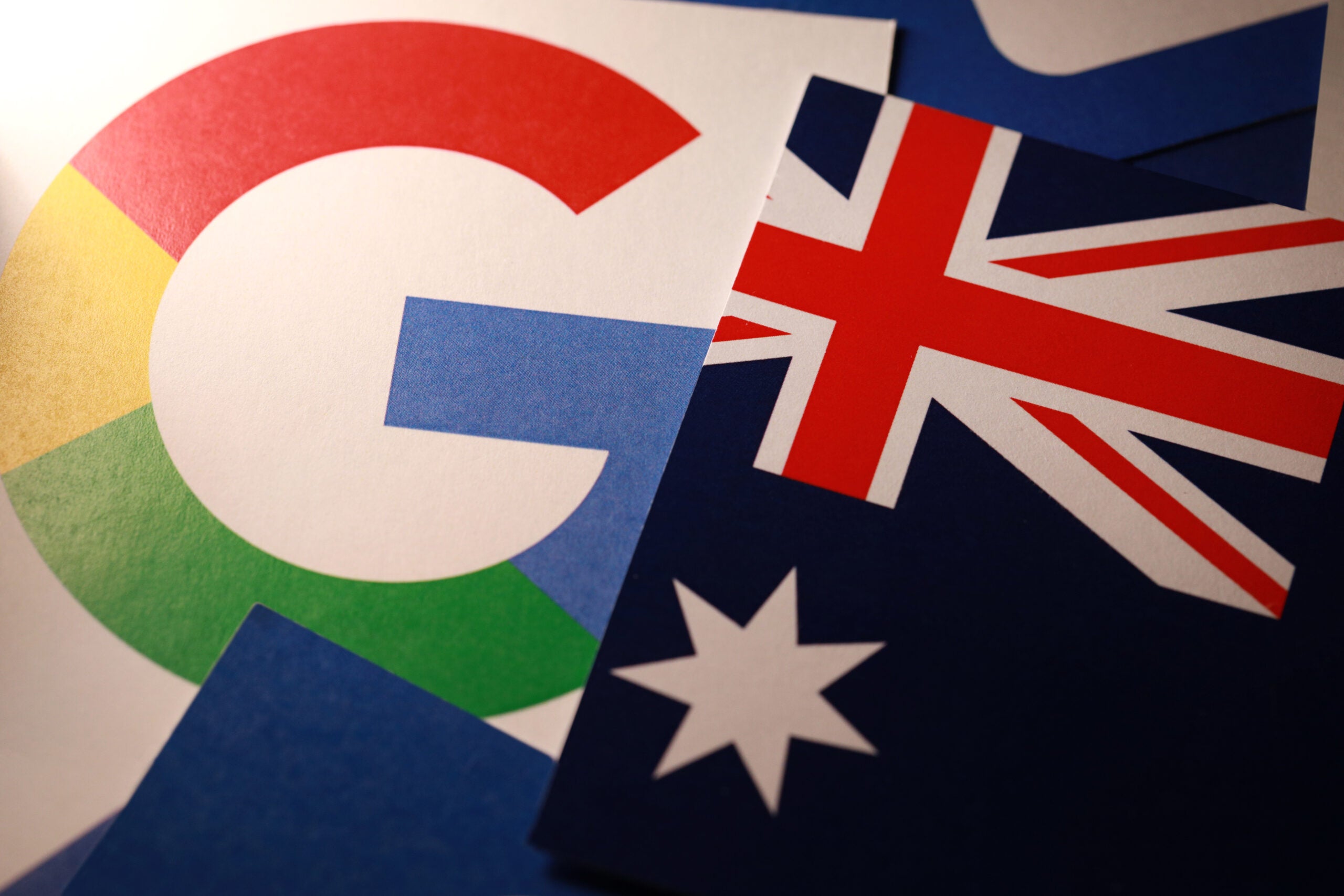
Australia’s main competition watchdog, the Australian Competition and Consumer Commission (ACCC), wants to make selecting a default search engine a conscious choice for consumers. It called on Google to provide a choice screen on pre-installed browsers, giving Android users the option to pick alternative search engines.
The Commission said in a report released on Thursday that Google continues to be the dominant search engine in Australia with a market share of 94%. It is the default search engine on the two most popular browsers in the country, Google’s Chrome browser and Apple’s Safari browser.
The proposed plan would force Google to give up its position as the default search engine on smartphones powered by the Android operating system in Australia. The ACCC said in the report that it might also demand that users be offered a choice of internet browsers.
“Search engines play a critical role in the digital economy. We are concerned that Google’s dominance and its ability to use its financial resources to fund arrangements to be the default search engine on many devices and other means through which consumers access search, such as browsers, is harming competition and consumers,” said ACCC Chair Rod Sims.
The ACCC is also looking into Google’s practice of paying Apple to have its search engine pre-installed. “Google pays billions of dollars each year for these placements, which illustrates how being the default search engine is extremely valuable to Google’s business model,” Sims noted in the report.
The ACCC found that due to Google’s dominance over Australia’s search market, the development of innovative services is reduced. It fosters less competition, which is likely to result in lower-quality search services or services with undesirable features, such as greater exposure to sponsored results at the expense of organic results, it argued.

US Tariffs are shifting - will you react or anticipate?
Don’t let policy changes catch you off guard. Stay proactive with real-time data and expert analysis.
By GlobalData“Access to consumers is critical for search engine services to grow and compete against Google, but Google’s vertical integration and costly commercial arrangements have made this very difficult,” Sims said.
“Google’s existing dominance and its commercial arrangements have significantly increased barriers to entry and prevented new or emerging rival search engines from reaching consumers, not only through browsers but also through other access points like search apps, widgets and voice assistants like Siri,” he added.
The competition watchdog also pointed out that less competition in search is driving less diversity in the search engine business models offered to consumers.
The measure proposed in the report follows the European model, which forced Google to offer a choice of search engines on Android phones in 2019, following the European Commission’s July 2018 decision.
The Australian regulator said that it would continue to monitor significant developments and proposals in other countries where similar concerns have been identified. “We will continue to work with our international colleagues, sharing lessons and advancing regulatory reform as appropriate,” Sims said.
The report is part of an ongoing investigation by the ACCC into monopolistic practices by big tech firms. Earlier this year, Australian regulators passed the News Media and Digital Platforms Mandatory Bargaining Code, which forced Google and social media giant Facebook to pay media companies for their content.
The law was designed to be a lifeline for journalists and news publishers who have argued against the unfair playing field imposed by the tech giants regarding online advertising revenue.
Australia is hardly the only country that has taken a tough stance against big tech firms in recent times.
“From Brussels to Washington and Canberra, the approach to regulating big tech has never been so unanimous. Australia is joining Europe and the US in going after digital monopolies with a focus on tackling antitrust as part of a profound overhaul of the media industry,” says Laura Petrone, principal thematic analyst at GlobalData.
“The Australian regulator, for now, has only given recommendations, but the consensus over regulating antitrust issues in the digital economy is so strong worldwide that Google has little choice other than to adapt and change its practices.”
In the US, numerous investigations have been launched into tech giants, including Google, Facebook and Apple, with concerns about monopolistic practices.
“Google had faced relatively little scrutiny in the US until October 2020, when the long-expected DoJ lawsuit was filed,” explains Petrone.
Equally, the EU has introduced various regulations to curtail the power of big tech, as Petrone points out:
“The EU has been leading antitrust investigations against Google’s anti-competitive practices in online search for almost a decade, fining the company a total of €8.2bn ($9.9bn) for violating competition in its approach to search, the Android operating system and advertising.”
South Korea recently became the first major economy to take legal action against Google and Apple’s app store payment dominance. The country’s assembly passed a landmark decision that allows software developers to use their own payment systems outside of the two giants’ proprietary payment systems.
On Wednesday, Russia became the latest country to launch an antitrust case against Apple, condemning the tech behemoth from stopping app developers in providing alternative payment options in its iOS App Store.
Meanwhile, in China – where most US-based internet companies, including Google and Facebook, are not available – regulators have passed numerous antitrust laws to curb the power of its domestic tech sector.







